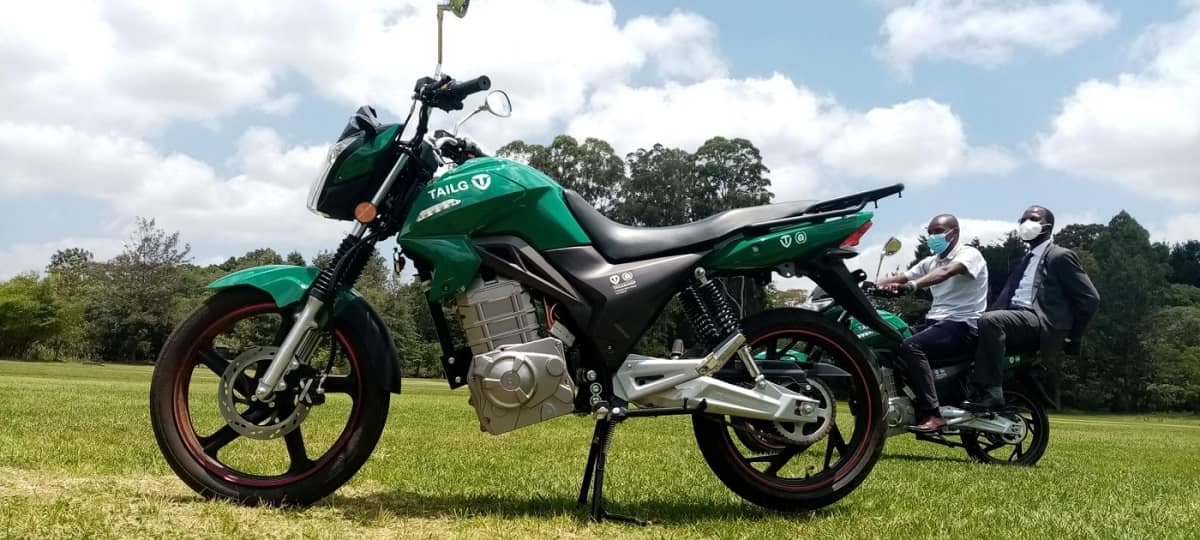Electric mobility has become a global phenomenon, and Kenya is no exception. With the Kenyan government expressing its commitment to embracing electric mobility, President Dr. William Ruto yesterday announced plans to replace fuel-driven boda bodas with electric alternatives.
The government’s vision is to have 10,000 electric bodas cruising Kenyan roads by September 1, 2023. While the timeline appears challenging, the possibility of this ambitious goal relies on whether the process has already been set in motion.
To expedite the widespread adoption of electric bodas, the government has introduced incentives, such as VAT exemptions on charging infrastructure and battery swaps. These incentives are expected to fuel the demand for electric boda bodas, making them more affordable and attractive to consumers.
The VAT exemption is a significant step towards affordability, as electric bikes are already known for their cost-effectiveness. However, it’s worth noting that President Ruto mentioned a 10% tax on lithium-ion batteries and motors. While this tax may hinder the adoption to some extent, it is advisable for the government to consider reducing it to 5% or removing it altogether for a limited time to further encourage adoption.
Kenya has already witnessed the emergence of electric boda bodas, with notable collaborations between STIMA and OneElectric. In 2022, STIMA partnered with OneElectric to deploy 3,000 rechargeable electric motorcycles throughout Kenya. STIMA, a specialist in battery swapping technology, joined forces with OneElectric, a renowned manufacturer of high-performing and premium electric motorcycles. Additionally, Roam Electric has also expressed interest in the electric motorcycle sector in Kenya, indicating a growing market for sustainable transportation.
Beyond the recent government announcement, key stakeholders in the sector, including KenGen and Kenya Power, have been proactive in preparing for the electric mobility shift. In November 2022, KenGen announced its plans to install 30 electric vehicle charging stations across the country by the end of 2023. Kenya Power, on the other hand, has been piloting electric vehicle charging stations in Nairobi and Nakuru. With the support of these stakeholders, the transition to electric mobility is on the horizon. This collaboration may also attract increased investment from private sector entities, including electric vehicle and motorcycle manufacturers, as well as companies involved in charging infrastructure and related technologies.
Despite the promising future of electric motorcycles, several challenges remain. Cost, charging infrastructure, and battery degradation and longevity are some of the primary obstacles. While battery degradation may not be an immediate concern, it is an issue that will likely arise over time. One potential solution to address this challenge is battery swapping, which can provide convenience and efficiency in managing battery performance.
Also Read: AVA and BasiGo Partner to Assemble Over 1000 Electric Buses in Kenya in the next 3 Years

